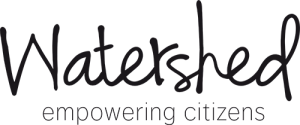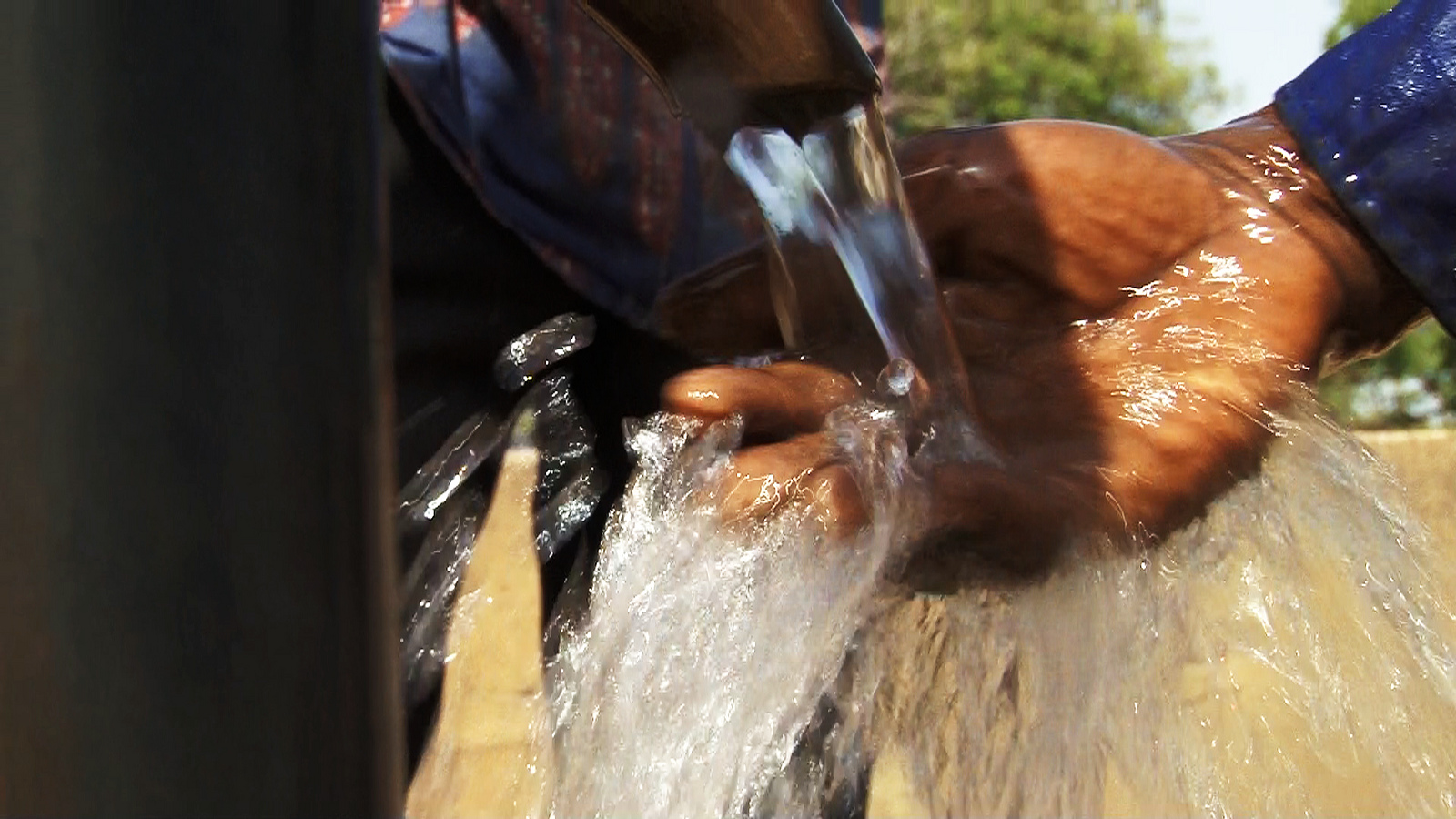It’s the 70th anniversary of Human Rights Day- this day United Nations General Assembly adopted the Universal Declaration of Human Rights, a milestone document safeguarding the inalienable rights for all. At End Water Poverty, we believe that the right to safe water and sanitation services is at the heart of all fundamental human rights, given the basic requirements of these resources in the life of an individual. Access to safe water, sanitation and hygiene (WASH) underpins wider efforts to end poverty, advance other interrelated Sustainable Development Goals and more importantly, strengthen peace and stability. Yet, 2.1 billion people still lack access to safely managed water and 4.5 billion people live without a safe toilet, with 892 million still defecating in open.
The human-rights based approach to WASH is needed more than ever. In 1948, the United Nations General Assembly adopted the Universal Declaration of Human Rights, the right to water and sanitation was not explicitly mentioned in the declaration document. Fast forward to 2002, the Committee for Economic, Social and Cultural Rights, adopted Comment No. 15 on the human right to water, calling the human right to water, “indispensable for leading a healthy life in human dignity”. The 2010 United Nations General Assembly recognised the human right to water and sanitation, along with the UN Human Right Council resolution that same year. The resolution calls upon States and international organisations to provide “financial resources, help capacity-building and technology transfer to help countries, in particular developing countries, to provide safe, clean, accessible and affordable drinking water and sanitation for all”. And finally, in December 2015, the UN General Assembly passed resolution 70/169, which recognised the right to sanitation as a standalone right. However, this recognition did not come easy, it took almost three decades of various international conferences, treaties and declarations to finally attain this human right to water and sanitation.
Read the full text on the website of End Water Poverty.

